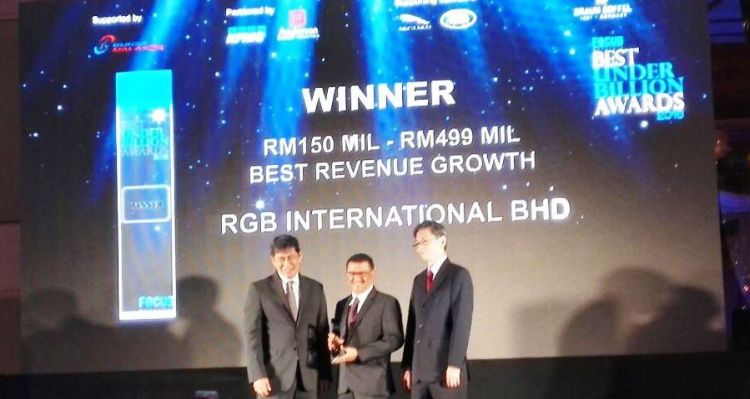Malaysian electronic gaming machine manufacturer RGB International has reportedly declared that it is hoping to deliver equipment worth about $40 million this year to clients across Asia including those in the nations of the Philippines, Vietnam, Nepal and Laos.
According to a report from The Star newspaper, the George Town-based firm will soon ship some 600 machines to the Philippines along with 350 to Nepal while the year is also set to see 300 of its units installed in Vietnam with a further 200 earmarked for locations in Laos.
“The payments are done via instalments and through fees for services provided under our technical support and management programme,” Datuk Chuah Kim Seah, Managing Director for RGB International, told The Star.
Chuah reportedly stated that the Malaysian company is projecting double-digit earnings growth for 2017 while it is additionally working with an unnamed partner in Nepal to promote its range of gaming machines to new clients in southern Asia includes those in the countries of India, Bangladesh, Pakistan, Bhutan and Sri Lanka.
“We have shipped ten new gaming machines for a trial run of three to six months to a South American customer,” Chuah told the newspaper. “We can expect more orders from South America if they turn out to be popular. We believe South America can provide for us with a sizeable revenue stream.”
The Star reported that RGB International ended 2016 with a net profit of approximately $5.62 million, which represented a rise of 19.2% year-on-year, while its annual turnover increased by 8.7% to $57.48 million with 95% of its sales booked from clients in Asia.
“Our objective now is to increase our presence in Vietnam [while] projected sales in Malaysia are $2.5 million for 2017,” Chuah told the newspaper.
London-based market research firm Technavio reportedly told The Star that the global gaming equipment market is expected to grow at a compounded annual rate of 15.25% over the next four years due to a rise in the numbers of middle-class players and the expected legalization of casinos in Japan.
“Many countries such as Japan are aiming to legalize casino gaming because of its popularity and the high revenue contribution from casinos globally and an increasing middle-class population and rising disposable income is fuelling market growth,” Technavio told the newspaper. “This leads to an increase in the construction of new casino centers across the world. For instance, the Marina Bay Sands, which opened in April of 2010, generated revenues of $1.06 billion from its casino in 2010 and more than $2.3 billion in 2015.”



